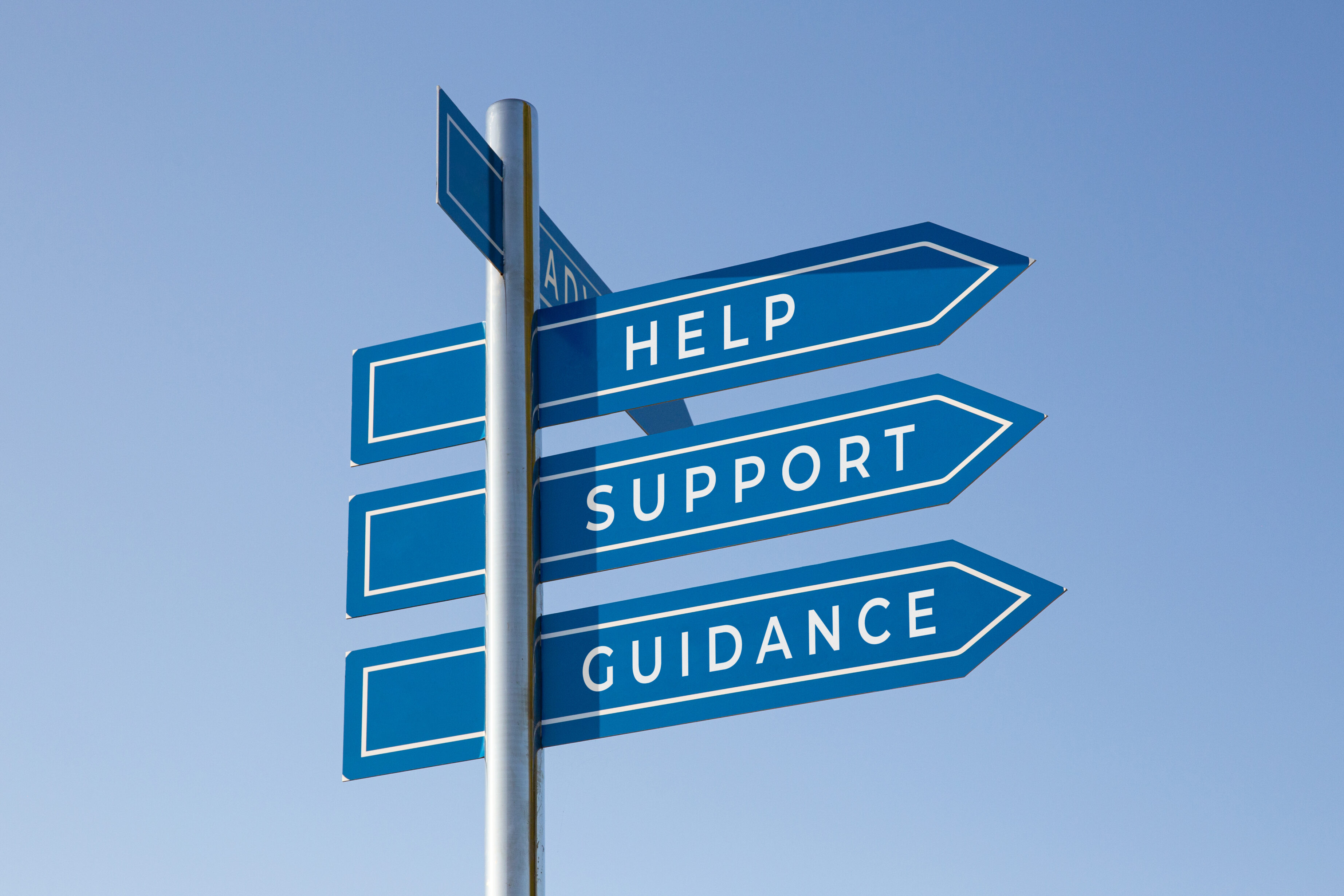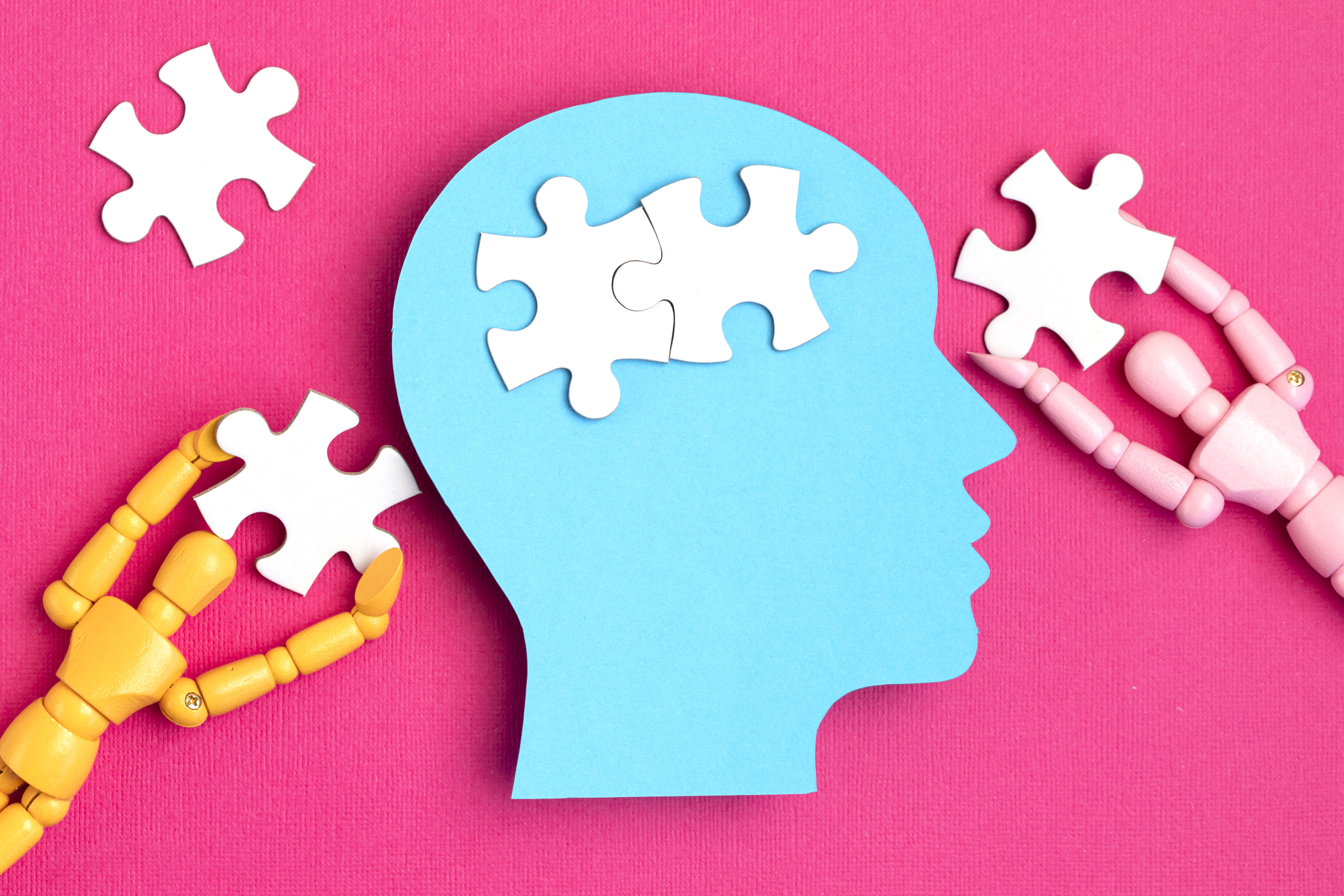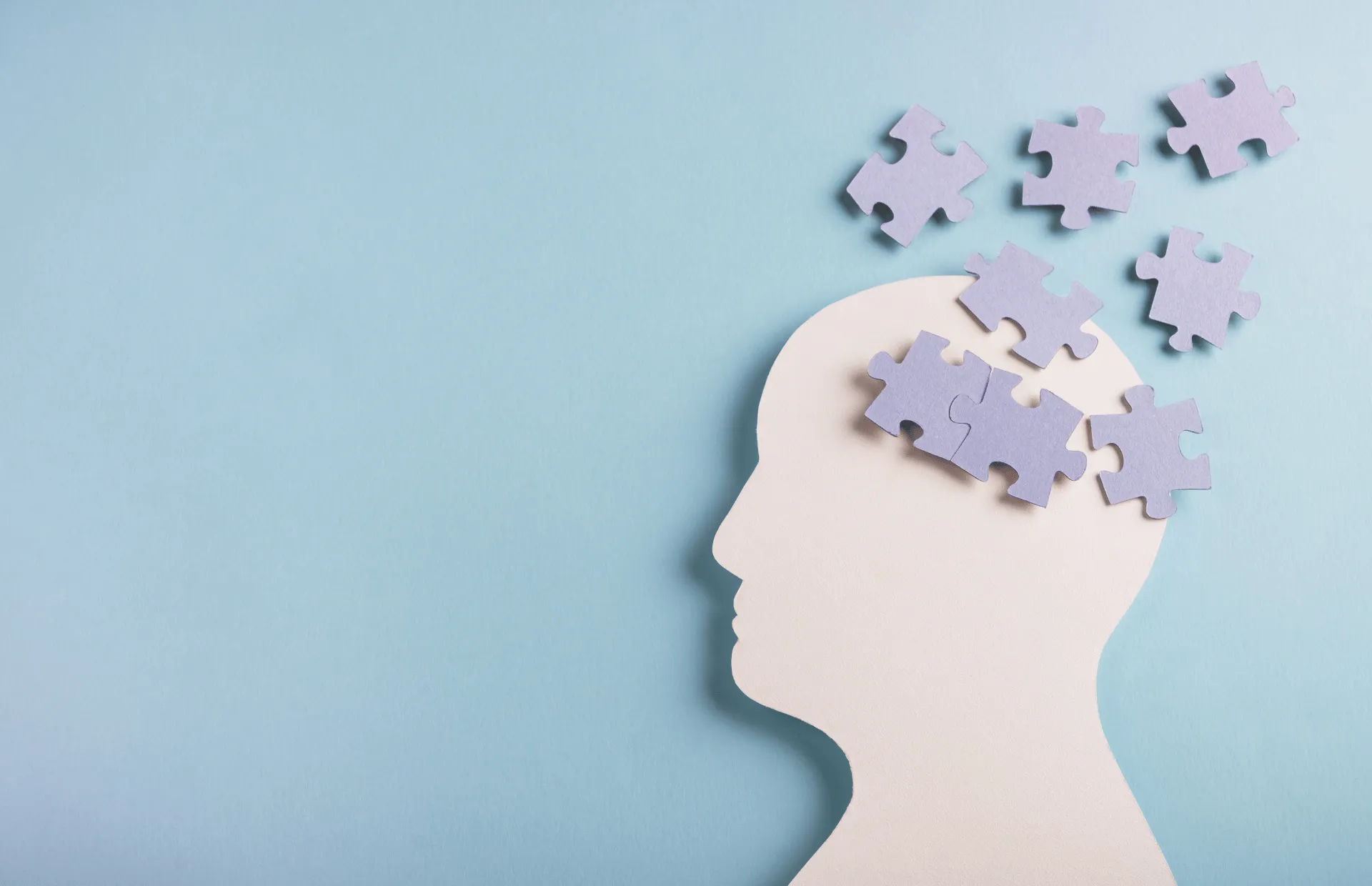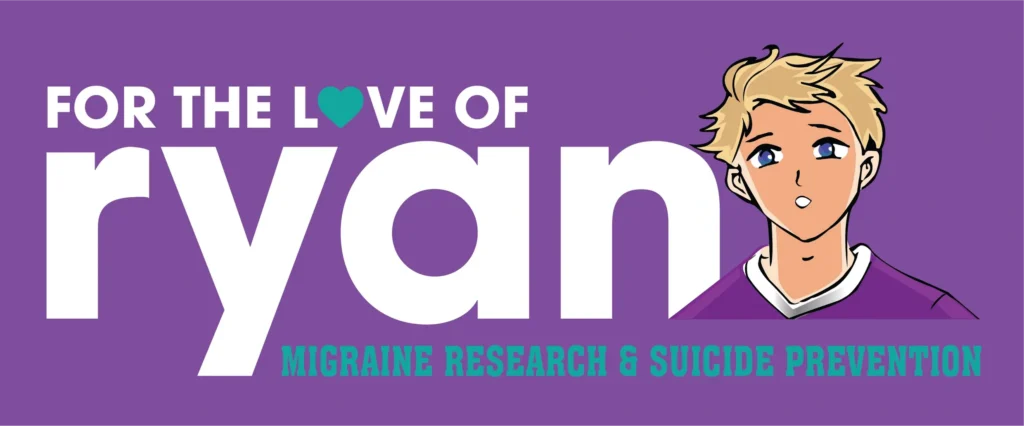Migraine are not just headaches. They are complex neurological events that can significantly disrupt every aspect of an individual’s daily life. For many, the journey through migraine is a solitary trek, marked by periods of intense pain, sensory sensitivity, and a myriad of other symptoms that extend far beyond the physical realm. This article aims to shed light on the profound impact migraine can have on work, education, personal relationships, and social engagements, highlighting the importance of empathy, understanding, and comprehensive care.
Work and Professional Life
Migraine can severely impair one’s ability to perform at work, often leading to missed days, reduced productivity, and even job loss. The unpredictable nature of migraine attacks makes it challenging for individuals to commit to fixed schedules, leading to tensions and misunderstandings with employers and colleagues. A 2018 study published in the Journal of Headache and Pain reported that migraine result in approximately 157 million workdays lost each year in the U.S. alone, underscoring the economic and personal toll of this condition.
Education and Academic Pursuits
For students, migraine pose a unique set of challenges. The intense pain and accompanying symptoms like nausea, light sensitivity, and dizziness can make it difficult to attend classes, concentrate on studies, or participate in extracurricular activities. This can lead to gaps in learning, decreased academic performance, and heightened stress and anxiety about keeping up with peers. Educational institutions play a critical role in providing support through accommodations, understanding, and flexible learning options.
Personal Relationships
Migraine can also strain personal relationships. The invisible nature of the pain means that friends and family may not fully comprehend the severity of the sufferer’s experience. Social gatherings become daunting, if not impossible, during an attack, leading to isolation and sometimes misunderstanding from loved ones. Communication and shared experiences through support groups can help bridge this gap, fostering deeper connections and empathy.
Social Engagements and Leisure Activities
The unpredictability of migraine severely limits participation in social engagements and leisure activities. The fear of triggering an attack can cause individuals to avoid situations they once enjoyed, leading to a sense of loss and isolation. Creating a migraine-friendly environment, where triggers are minimized and understanding is promoted, can help sufferers reclaim some of their social life.
Coping Strategies and Support Systems
Adapting to life with migraine requires a multifaceted approach. Effective management includes medical treatment tailored to the individual’s specific symptoms and triggers, as well as lifestyle modifications to reduce the frequency and severity of attacks. Additionally, psychological support is vital in dealing with the emotional toll of chronic pain. Organizations like For The Love of Ryan play a crucial role in providing resources, support networks, and advocacy for those affected.
Migraine are more than just a headache; they are a complex condition that affects every facet of life. By fostering understanding and support within workplaces, educational settings, personal relationships, and social environments, we can help mitigate the impact of migraine on daily living. It’s about recognizing the invisible struggles, validating the experiences of those affected, and working towards a more inclusive and supportive society.









